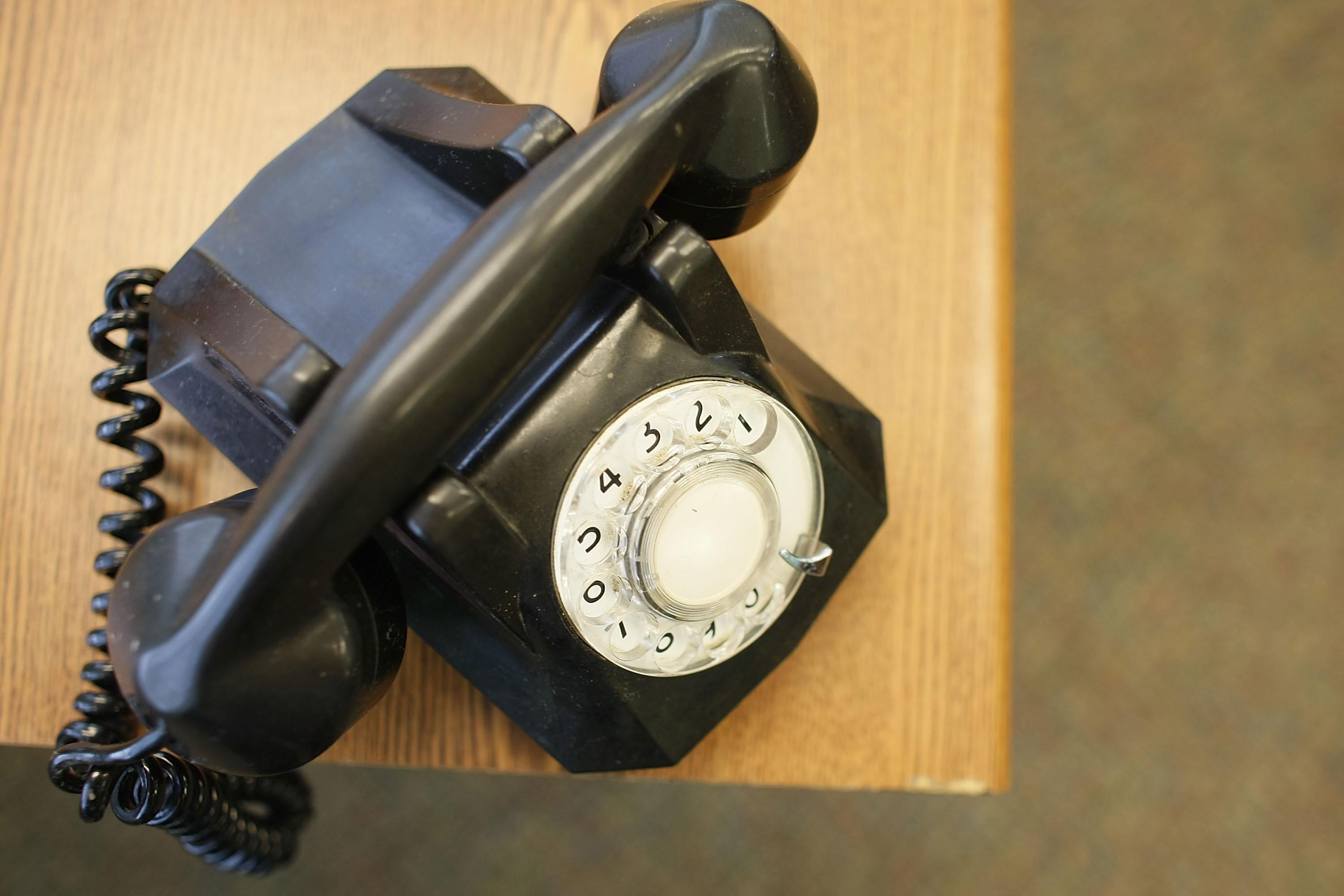It was recently revealed that major U.S. phone companies have secretly been legally compelled for years to hand over millions of Americans’ phone records to the NSA. But none of the companies have ever tried to challenge the lawfulness of the mass data collection—and now they are refusing to explain why.
The existence of the database was first disclosed by the Guardian in June, following leaks by former NSA contractor Edward Snowden exposing how a Verizon subsidiary had been ordered to turn over all of its customers’ call records on a daily basis. Subsequent reports revealed that this order was part of a large NSA surveillance program that began in 2006 and also targeted customers of Sprint Nextel, AT&T, and BellSouth. The revelations sparked a backlash, with lawmakers and rights groups arguing that the program violates the Fourth Amendment, which protects against unreasonable searches and seizures.
On Tuesday, however, the legal rationale underpinning the massive NSA database was finally released by the government, showing how the vast database was contentiously deemed lawful by the secret Foreign Intelligence Surveillance Court. The documents published this week also contained one other significant detail: that none of the phone companies that have received an order to produce the call records have ever challenged the lawfulness of the order.
Internet companies including Yahoo, Google, Microsoft and Facebook have shown themselves willing to challenge the government’s surveillance demands. But the phone companies appear to have adopted a meeker approach, apparently reluctant to go up against the government in defense of their customers. I contacted Verizon, AT&T, and Sprint Nextel to ask why they have never challenged the lawfulness of the surveillance. “We’re not commenting” was the universal response. AT&T, which also owns BellSouth, said its policy is not to discuss anything involving national security. Verizon and Sprint Nextel, illustrating the extreme secrecy that still shrouds the phone records program despite the recent leaks, declined to comment about why they were declining to comment.
